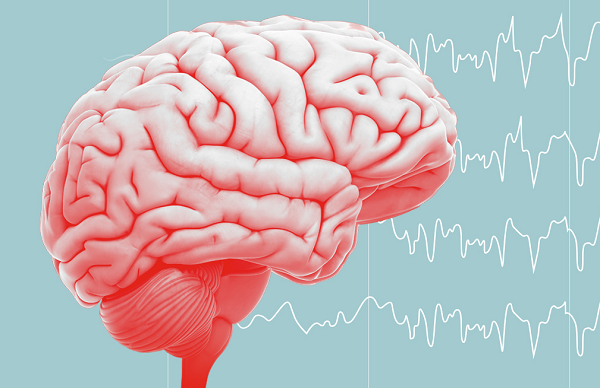
We must remove false beliefs about epilepsy
Epilepsy is a brain disorder in which a person has repeated seizures or convulsions over time. Seizures are episodes of disturbed brain activity that causes changes in attention or behaviour.
Unfortunately because epilepsy is a condition that arises from the brain many people have “false beliefs”, thus associating the condition with the spiritual realm while describing it as demonic.
In Ghana, the World Health Organisation (WHO) estimates that one per cent of the population are epileptic. This means about 300,000 people are living with the condition with the treatment gap, or the percentage of people who have epilepsy and are not receiving treatment and care estimated to be 85 per cent.
People with epilepsy are at higher risk of physical problems like fractures and burns, and have higher rates of other conditions like anxiety and depression.
Epilepsy also has severe social implications. The discrimination and social stigma that surround epilepsy worldwide are often more difficult to overcome than the seizures themselves. People living with epilepsy can be targets of prejudice, which often dissuades them from seeking treatment.
WHO also says limited capacity of health care systems to address epilepsy and inequitable distribution of resources, lack or severe shortage of appropriately trained staff; inadequate and inconsistent access to affordable medicines, societal ignorance and misconceptions; and poverty are some of the reasons for the prevalence of epilepsy in the country.
Ghana faces enormous mental health challenges, including a limited mental health workforce and infrastructure, poor or inconsistent access to medication and social stigma.
Treatment of epilepsy is largely provided by the limited specialists, with the country having only six neurologists and 18 psychiatrists mostly based in the country’s three psychiatric hospitals or in teaching hospitals in urban areas.
The WHO, in collaboration with the International League Against Epilepsy and the International Bureau for Epilepsy, launched the Global Campaign Against Epilepsy in 1997 to bring epilepsy “out of the shadows” and to improve the treatment of people with epilepsy in resource-poor countries.
Building on the activities of the global campaign, WHO in collaboration with Ghana’s Ministry of Health launched the fight against epilepsy initiative on reducing the epilepsy treatment gap in 2012 to provide epilepsy care and services using a community based model.
This model combines several innovative strategies, and its implementation demonstrated that they can be systematically and effectively applied at country level.
The model includes extending the skills of non-specialist primary health care providers to diagnose, treat and follow up people with epilepsy; mobilising non-governmental organisations, community groups and volunteers.
With epilepsy identified as one of the five most burdensome medical problems in the country, the goals of the five-year project were to improve the identification and management of people with epilepsy in the existing primary health care system and to develop a model of epilepsy care at the community level that could be scaled up nationwide.
The project was successful in increasing coverage from 15 per cent to 38 per cent and more than 2700 people received treatment for the first time.
The Daily Graphic believes that the issue of epilepsy should be taken more seriously by the government by ensuring that medication is easily and readily available, and more importantly, affordable to help close the treatment gap.
On the issue of affordability, we believe that there is the need to have the epilepsy medicines on the National Health Insurance Scheme medicines list to address the financial challenges facing the fight.
We think that the issue of stigmatisation of the disease must be addressed, especially at the community level, so that people with the condition can come out and seek treatment.
Epilepsy care is a shared responsibility. It is not contagious and people with this condition can live a normal life if we all show them the love and care they deserve. Everyone must be encouraged to extend a hand of care and love to persons living with epilepsy.
